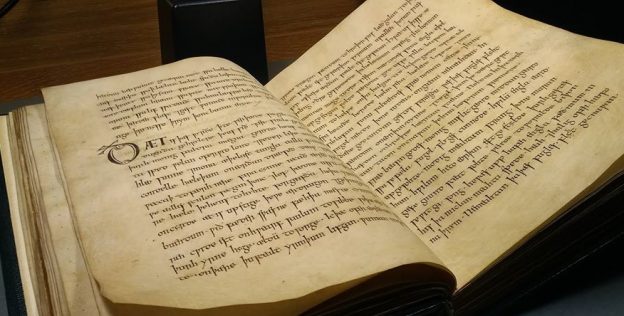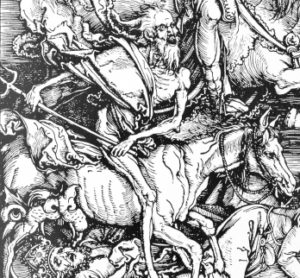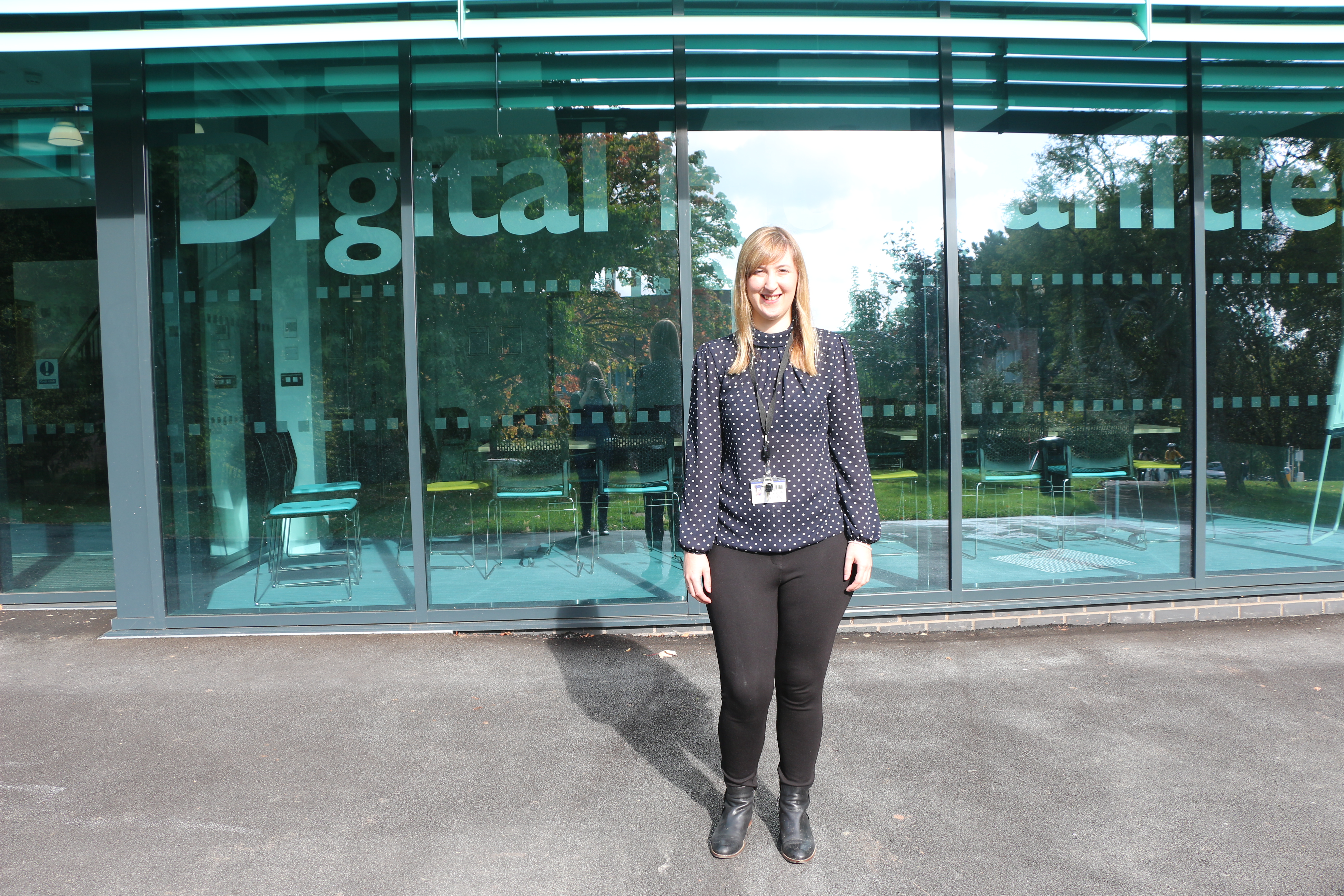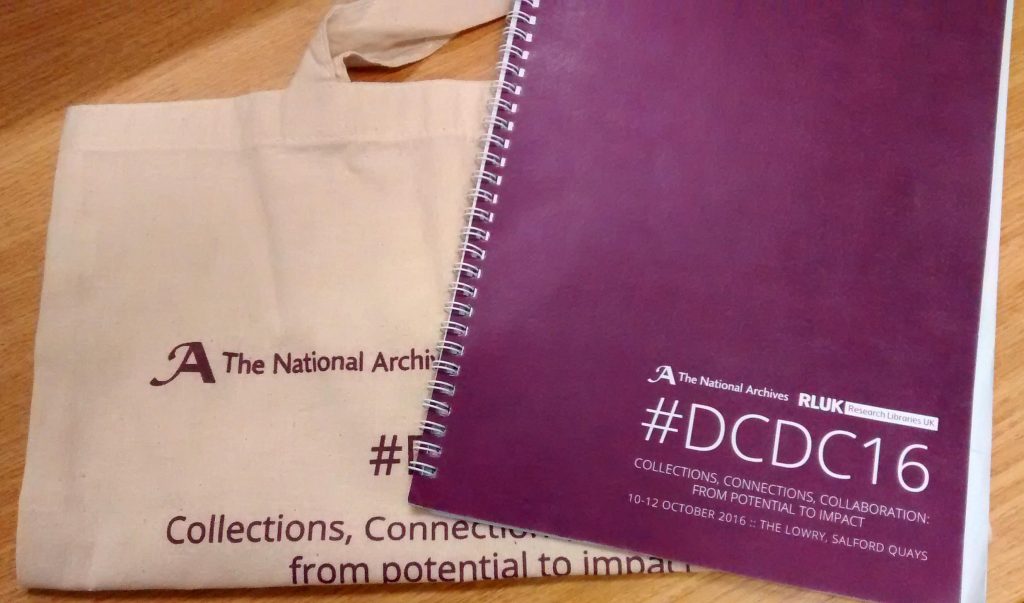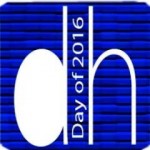Recently we welcomed a distinguished guest speaker to the DH Lab, Professor Jane Winters of the School of Advanced Study, University of London, to give a seminar on the current landscape of Digital Humanities (DH) in the UK. Prof. Winters discussed the results of a major new survey, commissioned by the School of Advanced Study, the British Academy, the British Library and the Arts and Humanities Research Council, into DH research, teaching and practice in universities, GLAM institutions (Galleries, Libraries, Archives and Museums) and the creative industries. The aims of the report were to document the current landscape of DH research, teaching and practice; identify what kind of support this needs; and explore possible demand for a UK-based DH network or association and the nature of the role that such an organisation could play.
Interpreting the statistics of the report for a highly engaged audience, Winters drew out from the facts and figures a picture of a diverse DH landscape, in which respondents identified themselves as belonging to almost forty different research areas. More than three quarters also had extensive involvement in teaching, either in their subject area or in DH. Winters noted that not all digital research and digital scholarship is described by its practitioners as ‘Digital Humanities’, even when it is firmly rooted in the study of Humanities sources and their related areas of specialisation. As researchers within universities, we therefore need to ensure that when we collaborate with creative partners or GLAM institutions, we try to use a common language to describe what we do: this will help not only in the project itself, but also in how we communicate what we do to those outside our particular areas of expertise.

